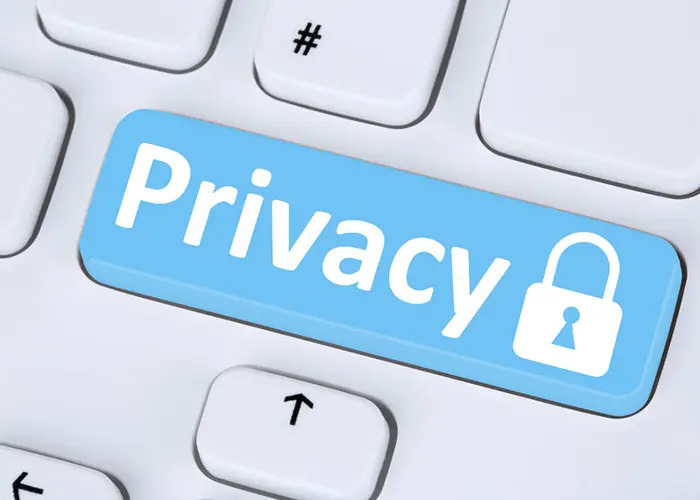The United States Justice Department has taken legal action against TikTok, accusing the social media giant of violating child privacy laws multiple times. This lawsuit shines a spotlight on serious concerns regarding TikTok’s handling of young users’ personal information. We’ll explore the details of this legal battle, its implications for TikTok and its users, and the broader issue of children’s digital privacy.
Allegations Against TikTok
The lawsuit centers on TikTok’s alleged failure to comply with the Children’s Online Privacy Protection Act (COPPA). This federal law is designed to safeguard the privacy of children under 13 by requiring online services to obtain parental consent before collecting personal information. The Justice Department claims TikTok has repeatedly broken this law by collecting data from children without proper consent.
Furthermore, the lawsuit alleges that the app failed to delete personal information from underage users as required. This has raised alarms about the potential misuse of sensitive data, including names, email addresses, and location information.
Impact on TikTok
TikTok has faced legal challenges over privacy concerns before. In 2019, the platform was fined $5.7 million by the Federal Trade Commission (FTC) for similar COPPA violations. Despite this, the Justice Department alleges that TikTok continued to ignore the law, leading to the current lawsuit.
If TikTok is found guilty, the platform could face hefty fines and be required to change its data collection practices. This might include enhancing parental controls and being more transparent about how user data is handled. These changes could also affect how TikTok operates and interacts with its user base, potentially leading to a more secure and transparent platform.
What This Means for Users
For users, especially parents of young children, this lawsuit is a wake-up call. While TikTok is popular for creative expression and social interaction, it’s crucial to be aware of the risks associated with sharing personal information online.
Parents should take steps to protect their children’s privacy on TikTok and other social media platforms. This includes setting up parental controls, monitoring online activities, and educating children about the importance of privacy.
Users can also review TikTok’s privacy settings and adjust them to limit data collection. Ensuring that children understand the potential risks and the importance of not sharing personal details can help safeguard their online presence.
Digital Privacy Concerns

The lawsuit against TikTok highlights a broader issue: the responsibility of tech companies to protect their users, especially minors. As more children spend time online, the need for strong privacy protections has never been greater. This case underscores the importance of enforcing existing laws and potentially introducing new regulations to safeguard children’s privacy in the digital age.
Lawmakers, regulators, and tech companies must collaborate to create a safer online environment for children. This could involve stricter enforcement of privacy laws, better tools for parental control, and promoting digital literacy among young users.
Education and awareness programs can also play a significant role in helping children and parents understand the importance of digital privacy and how to protect it.
Moving Forward
The outcome of the lawsuit remains to be seen, but it emphasizes the urgent need for greater accountability in the tech industry. Ensuring the privacy and safety of all users, particularly children, must be a top priority as the digital landscape continues to evolve.
Parents and guardians should stay informed about the latest developments and take steps to protect their children’s privacy online. By working together, we can create a safer, more secure digital world for the next generation.
Moreover, the case against TikTok could set a precedent for how other tech companies handle user data, particularly when it comes to minors. The increasing scrutiny of digital privacy practices may lead to more stringent regulations and a greater emphasis on ethical data management.
This article aims to shed light on the ongoing legal battle between TikTok and the US Justice Department over child privacy violations. It highlights the importance of digital privacy, the potential impact of the app, and the steps parents can take to protect their children online.
As the case unfolds, it serves as a crucial reminder of the need for vigilance and proactive measures to ensure the safety and privacy of our youngest internet users.





